Language tethers us to the world; without it we spin like atoms
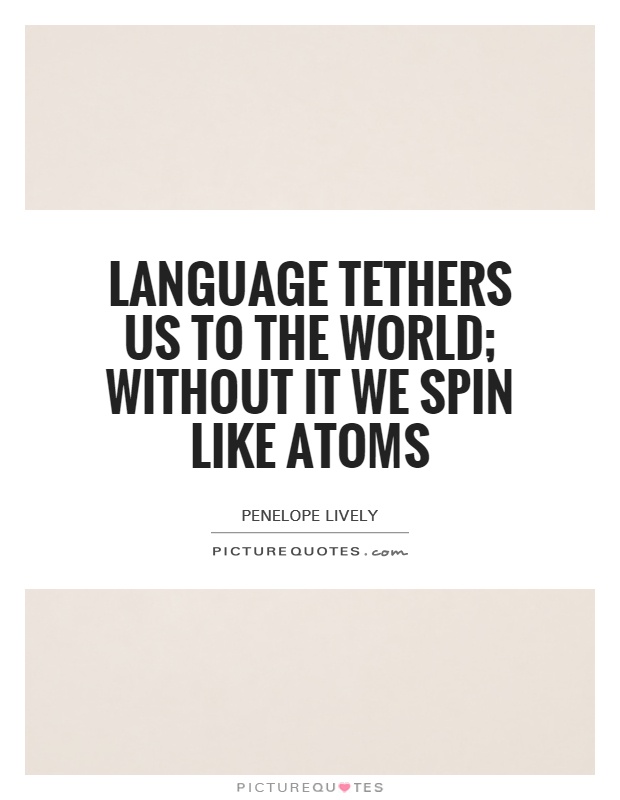
Language tethers us to the world; without it we spin like atoms
Penelope Lively, a renowned British author, has often explored the power of language in her works. In her novels, language is not just a tool for communication, but a force that tethers her characters to the world around them. Lively understands that language is what connects us to our surroundings, to other people, and to our own thoughts and emotions. Without language, we would be adrift, like atoms floating aimlessly in space.In Lively's novel "Moon Tiger," language plays a central role in shaping the narrative. The protagonist, Claudia Hampton, is a historian and writer who reflects on her life and relationships through the lens of language. She understands that words have the power to define our experiences, to shape our memories, and to connect us to the past. Claudia's own story is told through a series of fragmented memories and reflections, each one carefully crafted with language to evoke a sense of time and place.
In "Moon Tiger," Lively explores the idea that language is not just a means of communication, but a way of understanding the world around us. Through Claudia's eyes, we see how language can both illuminate and obscure the truth. Words can be used to manipulate, to deceive, or to reveal hidden truths. Language is a powerful tool that can shape our perceptions and our understanding of the world.
Lively's exploration of language in her works reflects her belief that words have the power to shape our reality. In her novel "The Photograph," language is used to uncover the hidden truths of a family's past. Through a series of letters and photographs, the protagonist, Glyn Peters, unravels the mysteries of his family history and comes to understand the power of language in shaping our identities and our relationships.
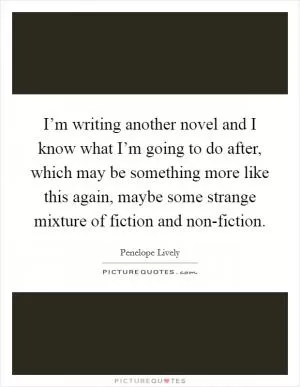
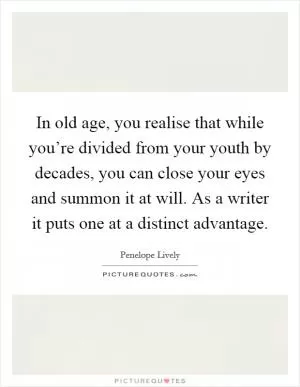
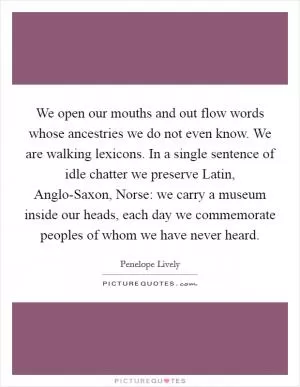


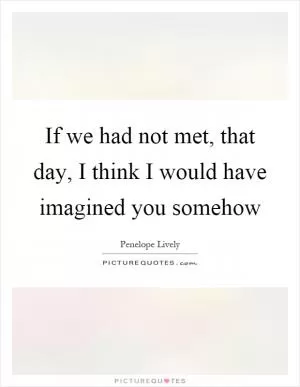


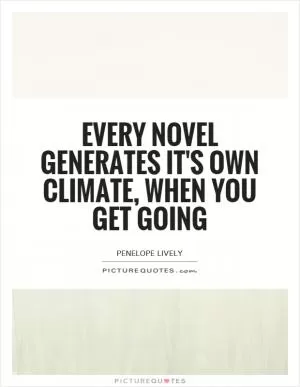



 Friendship Quotes
Friendship Quotes Love Quotes
Love Quotes Life Quotes
Life Quotes Funny Quotes
Funny Quotes Motivational Quotes
Motivational Quotes Inspirational Quotes
Inspirational Quotes